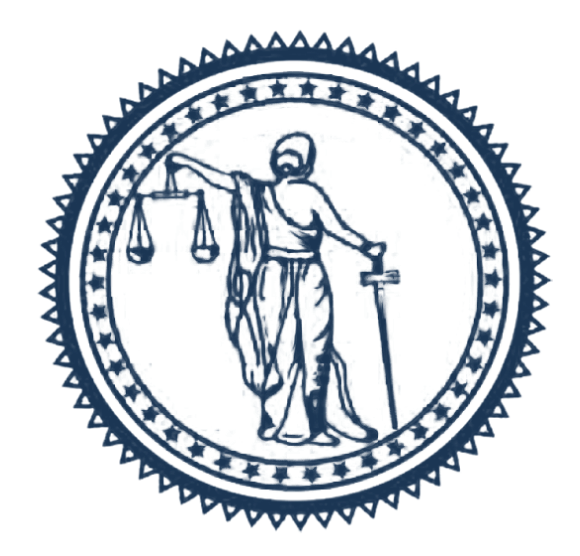Guide to Representing Yourself in Court
The South Dakota Unified Judicial System (UJS) has developed the Guide to Representing Yourself in South Dakota Courts to provide an overview of how the court system works in the state and to provide important information for representing yourself in court.
Guide and File Expungement Forms
While it is not mandatory for someone who is self-represented, the Guide and File system will help you create the documents you need to begin the process of requesting an Expungement. You will answer a series of questions that will then generate completed forms for you to print. Forms for requesting an Expungement can also be found below for you to print and complete if you do not wish to use this system.
Expungement Eligibility
To be eligable for an expungement, one of the following must be true pursuant to SDCL 23A-3-27
- After one year from the date of any arrest, if no accusatory instrument was filed;
- After one year from the date the prosecuting attorney formally dismisses the entire criminal case on the record;
- At any time after an acquittal; or
- Within one year from the date the prosecuting attorney formally dismisses the entire criminal case on the record upon a showing of compelling necessity.
UJS Pro Se Expungement Forms
The South Dakota Unified Judicial System provides resources for individuals seeking to expunge their criminal records. Expungement involves sealing records related to a person's arrest, detention, trial, or disposition, effectively restoring the individual to the status occupied before the incident.
ALL FORMS MUST BE PRINTED SINGLE-SIDED AND COMPLETED IN BLACK INK
You will need Adobe Acrobat Reader installed to view these forms. If you do not have Adobe Reader, click here to download.
To download PDF documents right click on the link. This should pop up a menu. Select option "Save Link As" or "Save Target As". Locate where the document needs to be saved and click the Save button.
UJS-390 Expungement Process – Instruction Sheet
Provides guidance for individuals seeking to expunge, or seal, their arrest records in South Dakota. Expungement involves sealing records related to a person's detection, apprehension, arrest, detention, trial, or disposition within the criminal justice system.
English
UJS-232 Case Filing Statement
Form for South Dakota case filing, collecting personal and business details, legal representation, and case type specifics for record-keeping.
English
UJS-391 Motion for Expungement and Statement of Mailing
The UJS-391 form is a Motion for Expungement in South Dakota, enabling individuals to request the court to seal their arrest records. It requires details such as the arrest date, charges, and legal grounds for expungement. Proper completion and filing are essential for the expungement process.
English
UJS-392 Waiver of Expungement Hearing
The UJS-392 form allows the petitioner, prosecutor, or victim to waive their right to a hearing on a Motion for Expungement in South Dakota. By signing this waiver, the individual acknowledges their right to a hearing and consents to proceed without one, enabling the court to decide based on submitted documents. Proper completion and notarization are required for validity.
English
UJS-393 Notice of Hearing for Expungement of Record
The UJS-393 form schedules a court hearing for an expungement motion, notifying involved parties of the date, time, and location, and includes an affidavit confirming mailing.
English
UJS-394 Order of Expungement
The UJS-394 form is a court-issued Order of Expungement, formally sealing specified criminal records, and outlines the details and scope of the expungement.
English
UJS-395 Notice of Entry of Order of Expungement
The UJS-395 form notifies parties of a court’s expungement order, detailing the filing date and judge, with an affidavit confirming mailing to all involved.
English
Expungement Print All Packet
A combined packet of the forms listed above to file a request for an expungement.
English

